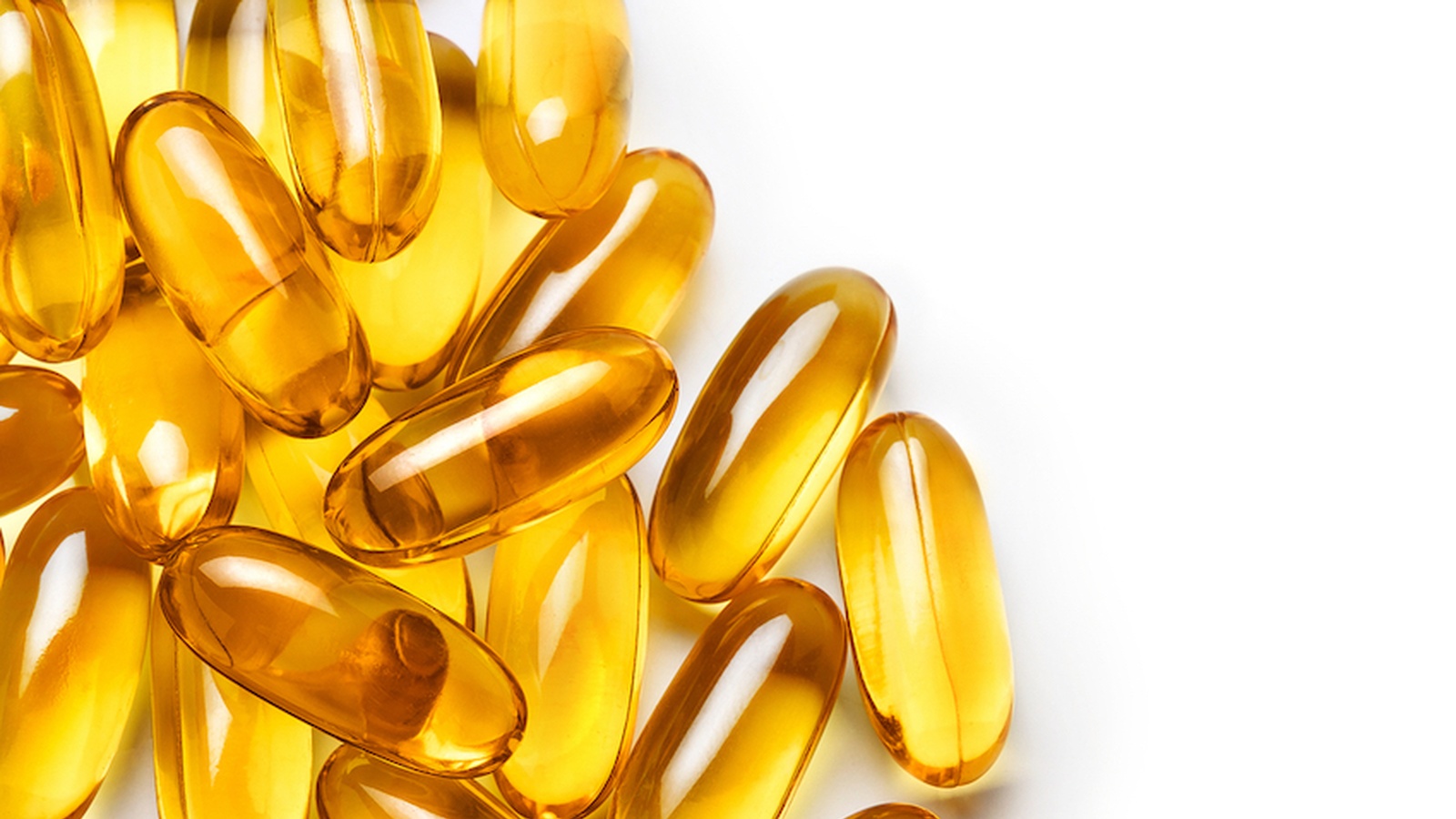Can Omega-3 Help Treat Your Depression?
Depression rates are at an all-time high in the United States and worldwide. Major Depression is one of the most common mental illnesses in the United States. The National Institutes of Health (NIH) estimated 17.3 million adults in the United States had at least one major depressive episode. This represents a whopping 7.1% of all U.S. adults. Interestingly, depression rates were higher among females than males.
And while we once thought that we were victims to our genetics, that "it's just something I have to live with," is no longer true. What we now know, thanks to leading researchers in the fields of nutrigenomics and epigenetics, is that we can control what genes are turned on .. and what genes are turned off. This means that we have the ability to improve our health and mental health through our lifestyle. One of the biggest pieces of this is the food we eat! You can improve your mental health with your diet!
While there are many nutrients that contribute to overall mental health, I'm only going to focus on one of them here: Omega-3. Omega-3 is an essential fat. It is fat that our bodies can not make. We need to consume omega-3 foods in our diet to meet our bodies’ needs.
We know that our brains are largely composed of fat. Actually, your brain is nearly 60% fat! So, it is no wonder that omega-3 is considered a nutrient of interest in mental health research.
Increasing omega-3 intake has shown to reduce the incidence of depression. In an analysis of 28 studies related to omega-3 and depression, researchers found that depression scores were lower when the participants supplemented with omega-3 specifically in the form of EPA!
So how can you get more omega-3? The best thing you can do is to eat more omega-3 rich foods!
Foods you can eat today to boost your omega-3:
- Fatty fish like salmon and tuna. (high in EPA)
- Fish oils (high in EPA)
- Spirulina (high in EPA)
- Flax oil
- Flax, chia, and hemp seeds
- Walnuts
Remember: our bodies use the omega-3 from fatty fish and algae like spirulina much more efficiently than they do from plant-based sources.
While it is always best to get your nutrients from the whole food form thanks to the synergic effect of food, there is the option of using a supplement for your omega-3 needs if you don't like the foods mentioned above. Make sure you are buying your supplement from a research-based company that uses quality sources.
Discover how to eat your medicine to heal your gut, eliminate bloating, skin issues and hair loss as I share seven nutrition principles in this free masterclass. Running for a limited time only.










